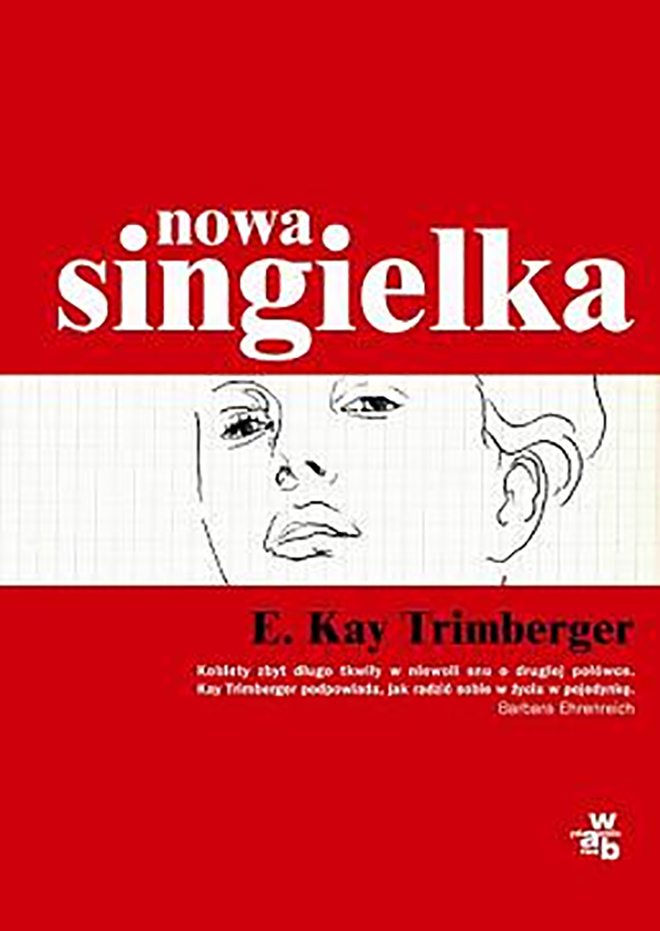Creole Son:
An Adoptive Mother Untangles Nature and Nurture
Introduction by Andrew Solomon
Afterward by Marc Trimberger
In Creole Son I probe my story as a single white mother searching to understand why my adopted biracial son grew from a happy child into a troubled young adult who struggled with addiction for decades. The answers, I find, lie in both nature and nurture.
When five-day-old Marco is flown from Louisiana to California in 1981 and placed in my arms, I assume my values and example will be the determining influences upon my new son’s life. Twenty-six years later, when I help him make contact with his Cajun and Creole biological relatives, I discover that many of his cognitive and psychological strengths and difficulties mirror theirs.
Using my training as a sociologist, I discover and explore behavioral genetics research on adoptive families. To my relief as well as distress, I learn that both biological heritage and the environment—and their interaction—shape adult outcomes. I integrate research in non-technical prose for a general audience.
Creole Son addresses additional topics of contemporary interest: life in mixed race families, the impact of drugs and violence in the environment outside the home, and a wide spread curiosity about how nature and nurture interact to make us who we are as individuals.
I share deeply personal reflections about raising Marco in Berkeley in the 1980s and 1990s, with its easy access to drugs and a culture that condoned their use. I examine my own ignorance about substance abuse, and also a failed experiment in an alternative family lifestyle. In an afterword, Marc Trimberger contributes his perspective, noting a better understanding of his life journey gained through his mother’s research.
By telling my story and analyzing my experience, I provide knowledge and support to all parents—biological and adoptive—with troubled off spring. I end by suggesting a new model for adoption, one that creates an extended, integrated family of both biological and adoptive kin.
E. Kay Trimberger
Kay Trimberger earned her Ph.D. in Sociology at the University of Chicago. She has taught at a number of universities including Columbia University, Barnard College, Queens College of the City University of New York, U.C. Berkeley, U.C. Santa Barbara, and San Jose State University. From 1981 - 2000 she was Coordinator of the Women's Studies Program at Sonoma State University (now the Women's and Gender Studies Department). Currently, Dr. Trimberger is Professor Emerita at Sonoma State and an affiliated scholar at the Institute for the Study of Social Issues at U.C., Berkeley.







